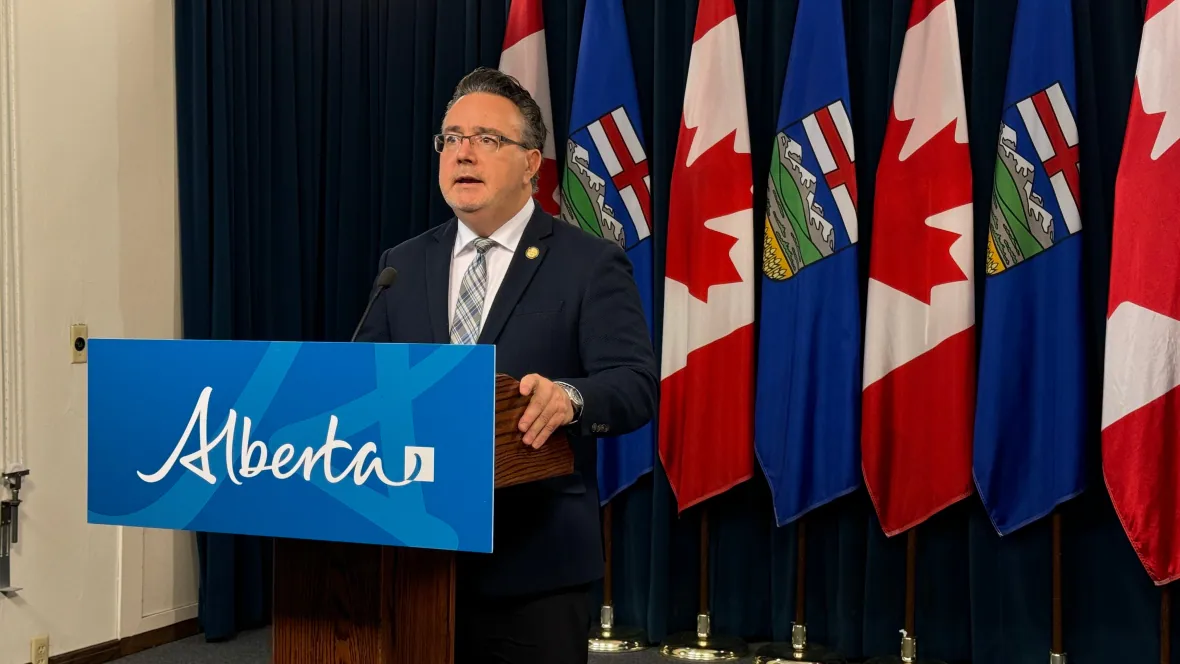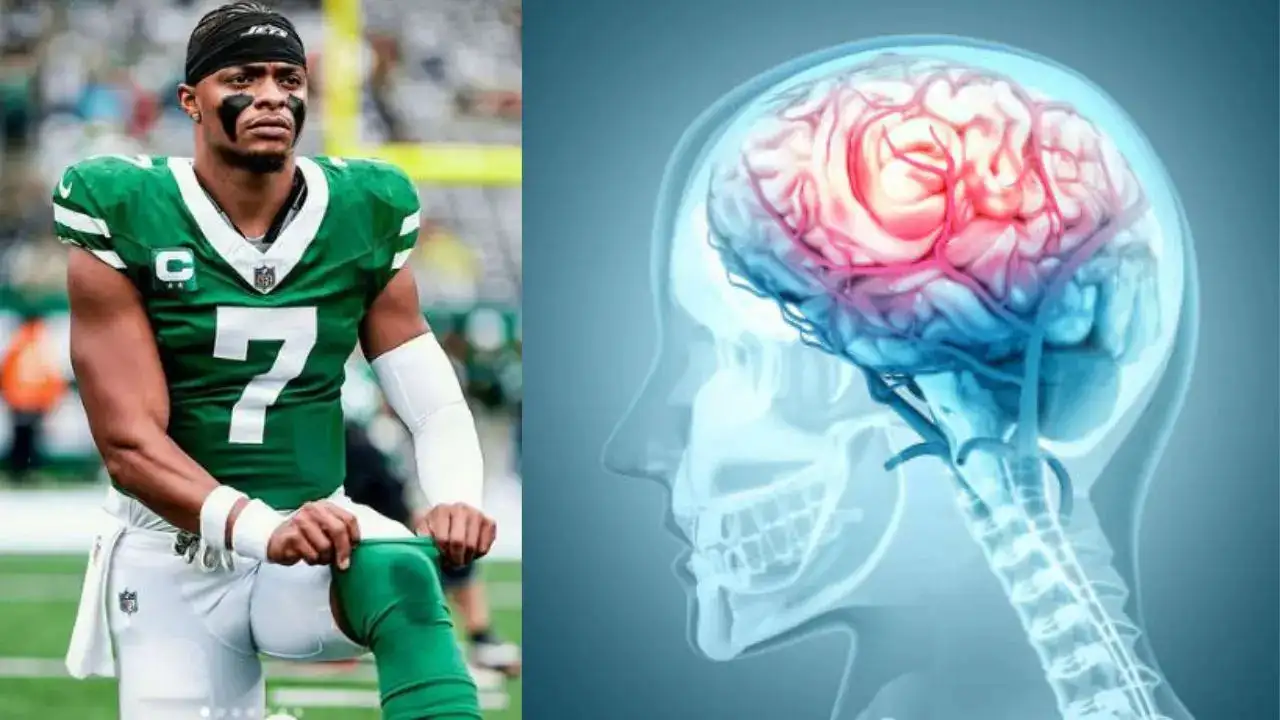By Amir Said
Copyright cbc

The government of Alberta announced Monday that driver’s licences and identification cards will feature “Canadian citizenship markers.”
The mandatory change, which is the first of its kind in Canada, will roll out in late 2026, Premier Danielle Smith told reporters.
“We believe in making things better, faster and more convenient for everyone,” she said.
Adding citizenship information to driver’s licences allows for Albertans to more effectively apply for funding and services like student aid, health benefits and disability supports, Smith said.
“This change means that when Albertans need to prove both their identity and their citizenship, they’ll be able to do so with a single document.”
The change is “also about protecting our democracy,” she said, noting that the change will help preserve the integrity and security of elections.
Smith said permanent residents and non-citizens living in Alberta will have no marker displayed on their card.
Government ‘creating bureaucracy’: NDP
In a statement, the Alberta NDP’s Lizette Tejada, shadow minister for immigration and multiculturalism, said the change is “creating bureaucracy and red tape for everyone.”
“This UCP government has not been able to provide clarity on why this citizenship marker is necessary,” she said. “Other than voting, we cannot identify any programs that are exclusively offered to Canadian citizens.”
She said the new change is “a headache” for Albertans who don’t have a passport or are forced to “find their old birth certificate just to renew their driver’s licence.”
Albertans will need to provide proof of citizenship or immigration status when applying for or renewing a driver’s licence, according to the province.
‘It’s puzzling’: civil liberties lawyer
David Fraser, a privacy and civil liberties lawyer based in Halifax, called the move unprecedented.
“[Provincial governments] don’t have jurisdiction to determine citizenship or even, I would think, to give a binding opinion on whether or not you are a citizen or you have any sort of lawful status in Canada,” he said.
He pointed to privacy concerns around having citizenship status, or a lack thereof, displayed on a driver’s licence, as people are often required to show identification in situations like traffic stops or buying alcohol.
“The police have the authority to ask you for your licence, but your citizenship status has nothing to do with your ability to to drive a motor vehicle,” Fraser said.
When asked what guardrails the province is putting into place to ensure people do not face discrimination if a mark of Canadian citizenship is not on their driver’s licence, Service Alberta Minister Dale Nally reiterated that the inclusion of citizenship status is to make it easier when applying for benefits or other services.
“There will be no discrimination,” he said. “We will not be putting the status of a non-Canadian on there.”
However, Fraser said citizenship status on a licence could have adverse impacts on non-Canadians.
“I think [it] probably opens up the door, at the very least, to accusations of discrimination but probably opens the door to actual discrimination,” he said.
Fraser further said it is very rare that anybody has the right to demand or require your citizenship status.
“The concern isn’t that it’s accessible to people who might have a lawful, legal need to know. It’s that all of a sudden it’s accessible to anybody who has a reason to ask you for ID and that in and of itself is problematic,” he said.
‘A complete redesign’
Nally said the federal government was consulted on the change.
“The feds cannot provide us with one single source of data that tells us who’s Canadian, who’s not,” he said. “So that tells us right away that this is necessary.”
Driver’s licences incorporating Alberta health-care card information will roll out at the same time, Smith said.
“This will also provide additional security around health-care numbers,” she said.
Smith said there are over 530,000 more health-care numbers than there are people living in Alberta.
Nally said “the way AHS was doing it previously just lacked security.”
“In the fall of 2026, we will now know who has Alberta health-care cards,” he said. “There won’t be half a million fake ones, which opens up the door for abuses.”
These changes are part of “a complete redesign” of the Alberta driver’s licence and identification card.
“There’s going to be more to come on that, but these changes will prove the security, convenience and functionality of Alberta driver’s licences,” Nally said.
Adding citizenship markers will come at no additional cost to those applying for or renewing their driver’s licence.
A visual mockup of the new licence has not been shared, but Nally said the citizenship marker will consist of “a simple CAN code” on the card.



